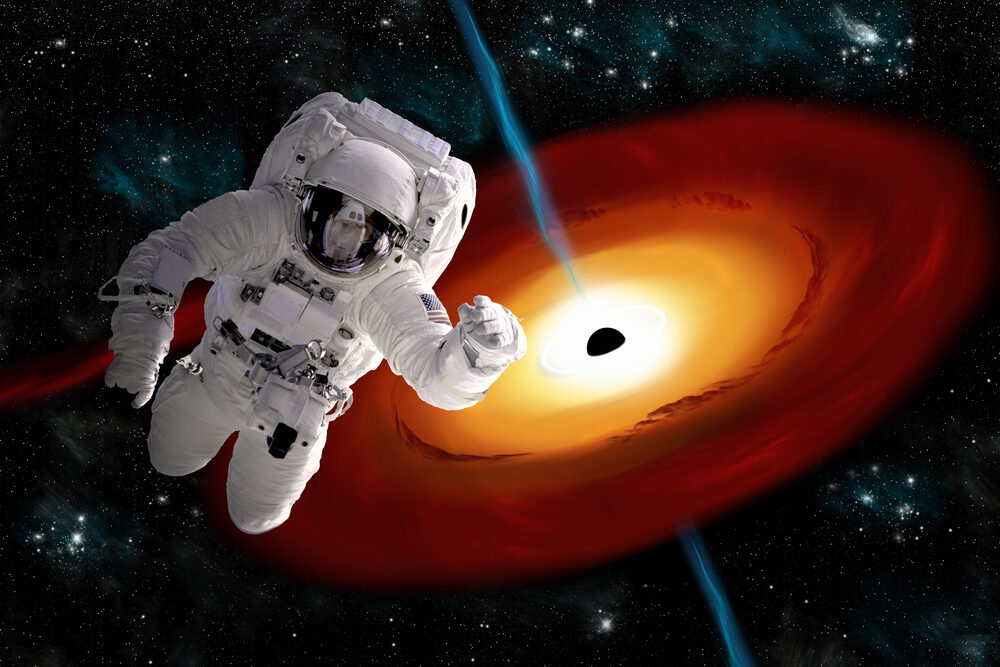
So, you’ve dreamed about floating in zero gravity, watching Earth spin like a marble below you. Sounds magical, right? But here’s the thing they don’t show you in sci-fi movies: space messes with your body in the weirdest ways. We’re not just talking about the occasional headache or sore muscles — we’re talking about changes so strange, you might not recognize yourself after a few months. From squished eyeballs to emotional rollercoasters, here’s what really happens when you stay in space for too long. Buckle up… it’s going to get weird.
1. Your Eyes Literally Change Shape

Imagine looking out the window of your space station, only to realize things are…blurry. That’s not just your imagination. In microgravity, fluid in your body shifts upward, increasing pressure on your skull and eyes. Over time, this can flatten the back of your eyeball and cause vision problems that persist even after astronauts return to Earth. This condition is known as SANS (spaceflight-associated neuro-ocular syndrome), and it’s not fully understood yet. Experts believe that long-term exposure to zero gravity causes cerebrospinal fluid to pool in the skull, altering the eye’s shape. The scary part? It doesn’t always go away. For some astronauts, the damage is lasting. It’s one of the biggest concerns for future missions to Mars- because what good is exploring a new planet if you can’t see it clearly? Source: Pubmed
2. You Grow Taller — Temporarily
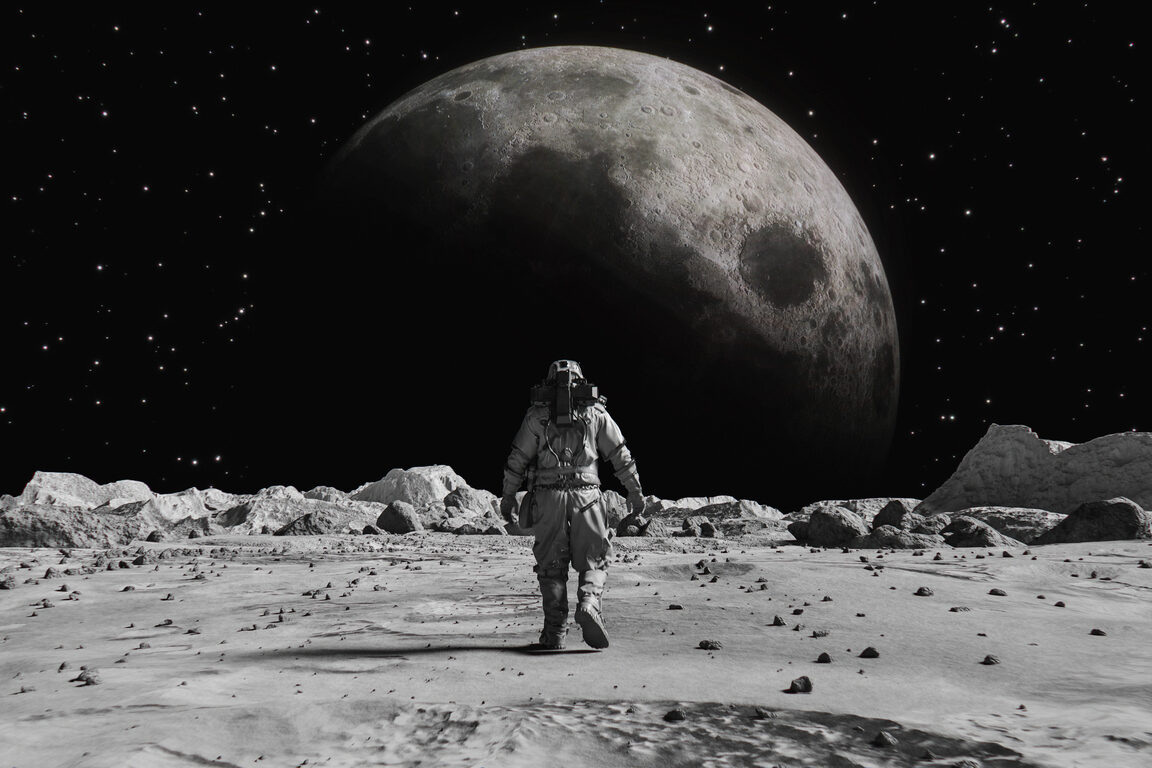
If you’ve ever wished you were a few inches taller, space might grant your wish- but only while you’re up there. In the absence of gravity, your spine stretches out because the discs between your vertebrae expand without being compressed. This can give astronauts a height boost of up to two inches. Sounds cool, right? Well, not exactly. This sudden growth can lead to back pain and spinal instability, especially during exercise or spacewalks. And as soon as astronauts return to Earth, gravity pulls everything back into place. It’s like being temporarily stretched like a rubber band, only to snap back the moment you hit solid ground. It’s a reminder that our bodies are still very much Earth-designed, and zero gravity just doesn’t play by the same rules. Source: Wednesdaywisdom
3. Your Taste Buds Get Bored
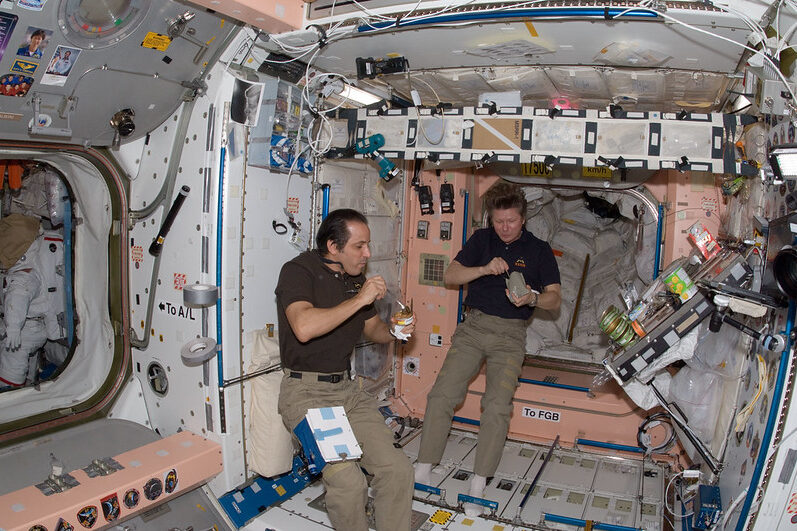
You might expect space food to be bland, but astronauts often say it’s not just the food- it’s their own taste buds that go dull. In microgravity, fluids in your body move upward, giving you that constantly congested, head-cold feeling. This affects your sense of smell and, in turn, your sense of taste. That’s why many astronauts crave hot sauce, spicy dishes, and bold flavors. The change isn’t dangerous, but it can be frustrating. Eating becomes more of a chore than a pleasure, and that can take a toll on morale during long missions. There’s ongoing research into how to enhance food enjoyment in space, because believe it or not, flavor plays a role in mental health- especially when you’re stuck in a metal tube millions of miles from home. Source: pursuit.unimelb.edu.au
4. You Start Losing Bone Density Fast
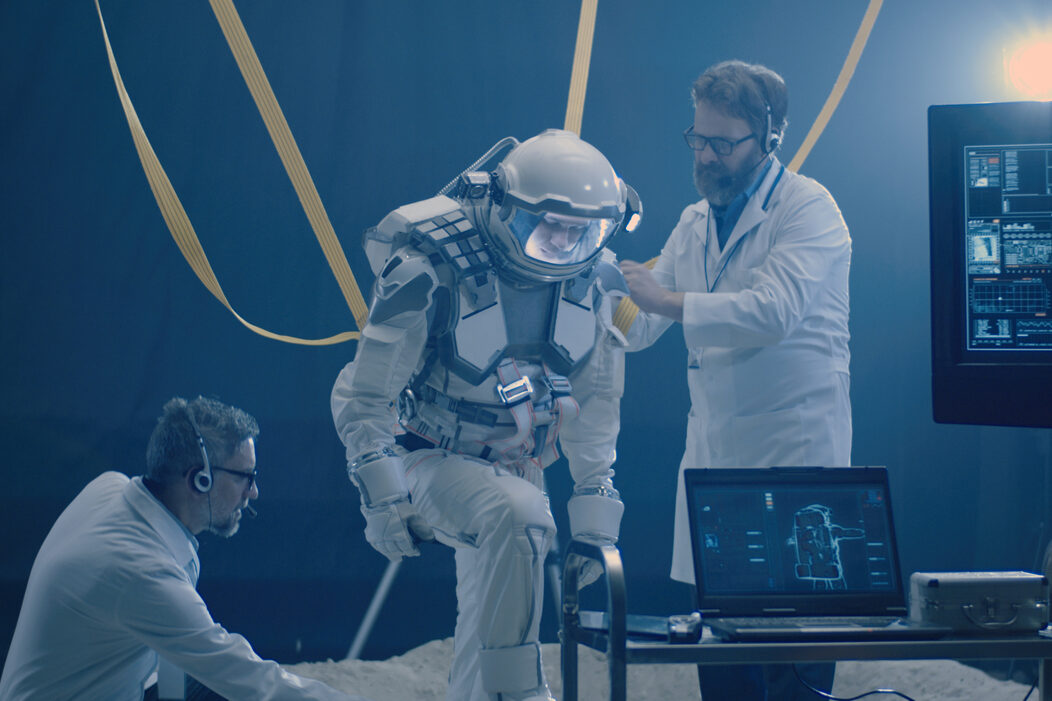
Our bones are constantly regenerating, but in space, that process takes a serious hit. Without the resistance of gravity, bones don’t get the workout they need to stay strong. Astronauts can lose up to 1% of their bone mass per month – especially in weight-bearing areas like the hips and spine. That’s a massive issue for long-term missions, where weakened bones could mean fractures or mobility issues. NASA has astronauts follow intense exercise regimens using resistance machines just to slow the loss, but it’s not a perfect fix. Some astronauts never fully recover their pre-flight bone strength. So while floating around might feel freeing, your skeleton is quietly suffering the whole time. Source: space.com
5. Your Heart Gets Lazy
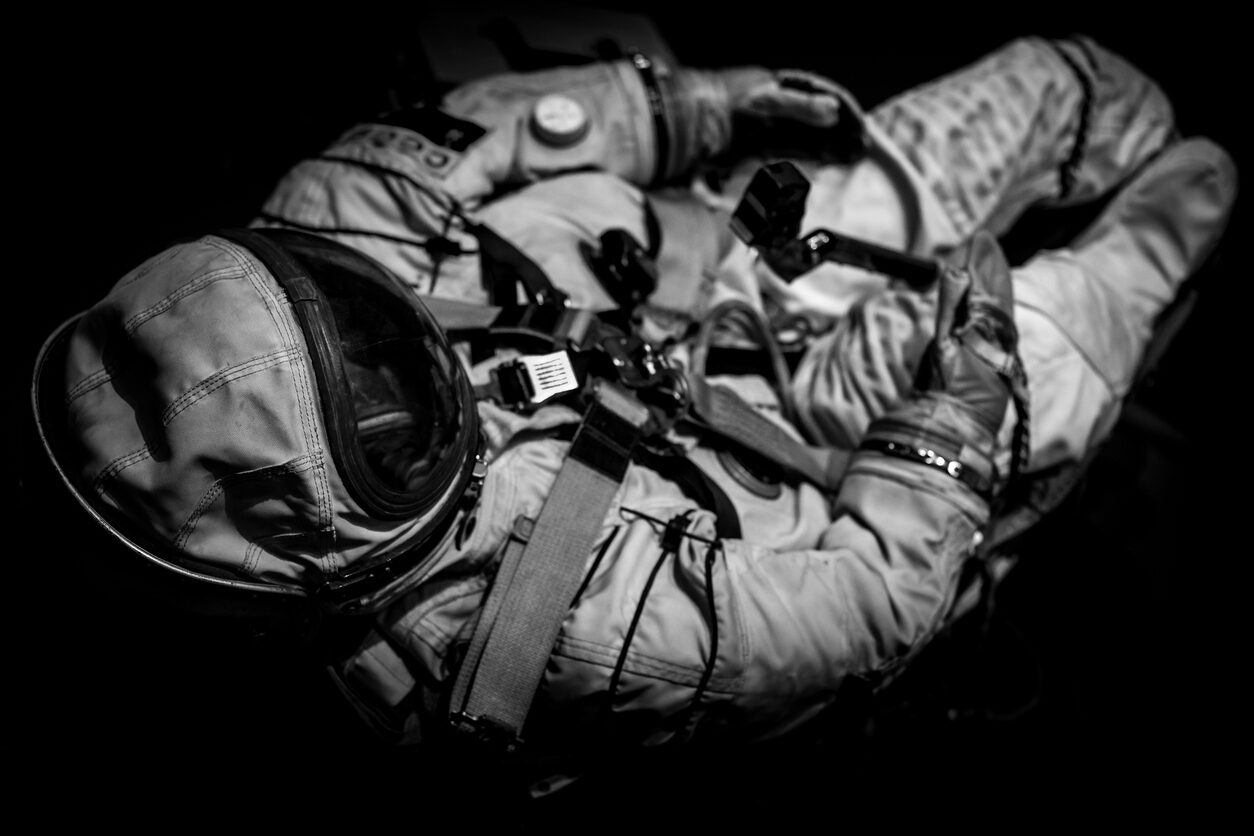
Down here on Earth, your heart works against gravity to pump blood throughout your body. But in space, the job gets easier- maybe a little too easy. Over time, the heart doesn’t have to pump as forcefully, and the cardiac muscle starts to shrink. This can lead to decreased stamina, fatigue, and dizziness when astronauts return to gravity. It’s a bit like being bedridden for months- your cardiovascular system just doesn’t stay in peak shape. Researchers are still figuring out how to fully prevent this, but the reality is clear: your heart, just like your muscles, needs resistance to stay strong. Without it, space turns your ticker into a bit of a couch potato. Source: pubmed
6. Your Mood Swings Can Get Wild
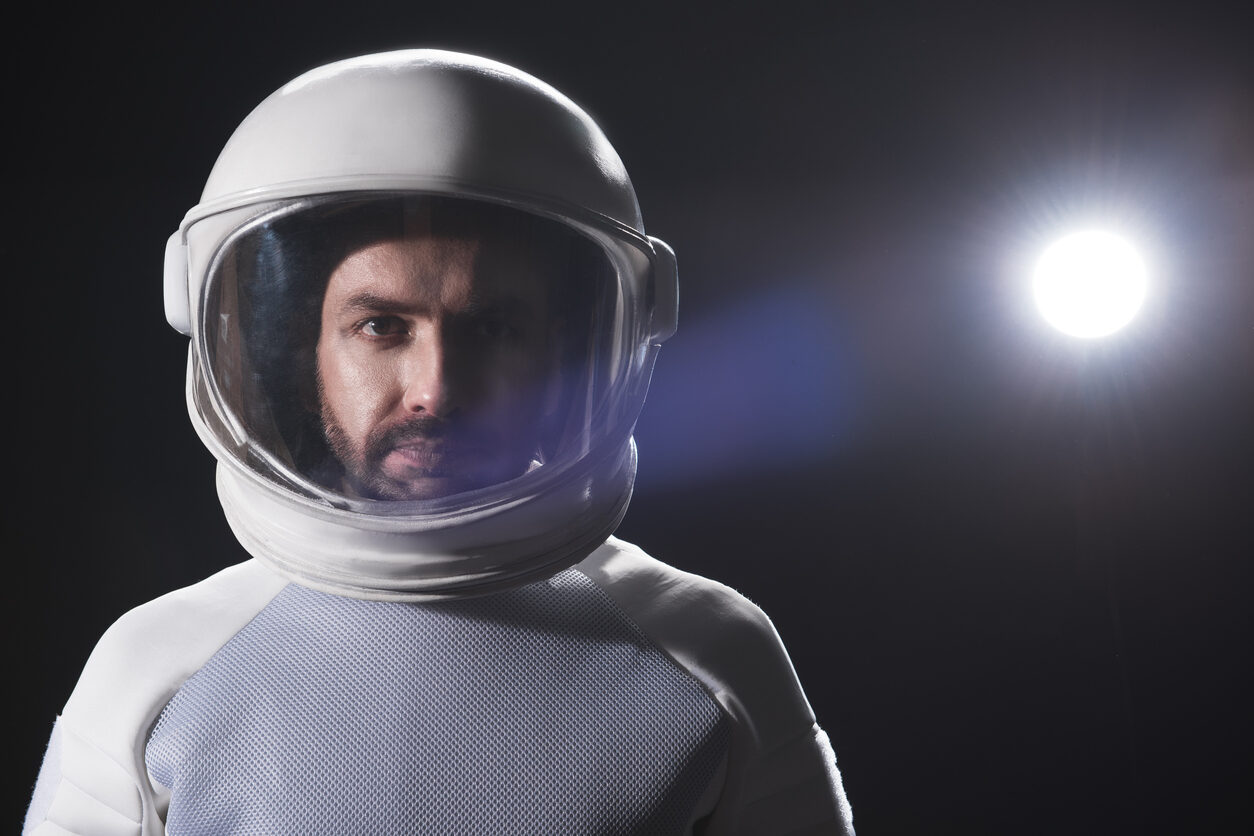
Being in space isn’t just physically challenging- it’s a massive emotional rollercoaster too. Between isolation, confinement, and the stress of being in a dangerous, unfamiliar environment, astronauts can experience everything from anxiety and irritability to deep homesickness and even depression. The lack of sunlight and normal sleep cycles only adds to the problem, messing with circadian rhythms and emotional regulation. Space agencies take mental health seriously, using everything from video calls with family to virtual reality relaxation exercises. But the emotional side of long-term space travel remains one of the biggest challenges. It’s not just about keeping your body in check- it’s about making sure your mind doesn’t unravel millions of miles from Earth.
7. Your Immune System Starts Acting Strange
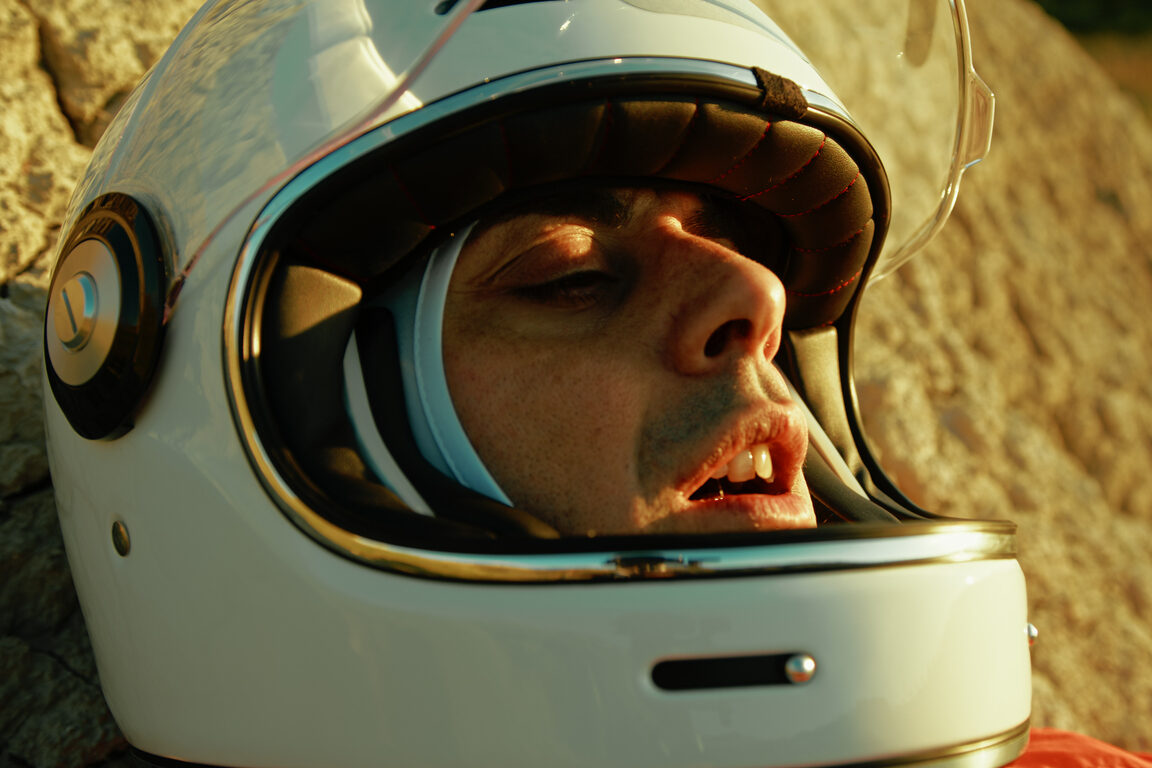
Your immune system is used to a certain rhythm on Earth- fighting bacteria, viruses, and even healing cuts and bruises in a fairly predictable way. But in space? It kind of freaks out. The lack of gravity, radiation exposure, and altered sleep cycles throw your immune responses off balance. Some immune functions get weaker, while others go into overdrive, reacting to things they normally wouldn’t. This means astronauts become more susceptible to infections and also at risk for weird inflammation responses. Even dormant viruses like chickenpox or herpes can reactivate in space. Space agencies are working on ways to monitor and support immune health during long missions, but the fact remains- space confuses your immune system, and that’s not something you want when you’re lightyears away from the nearest hospital.
8. Your Skin Gets Weirdly Itchy
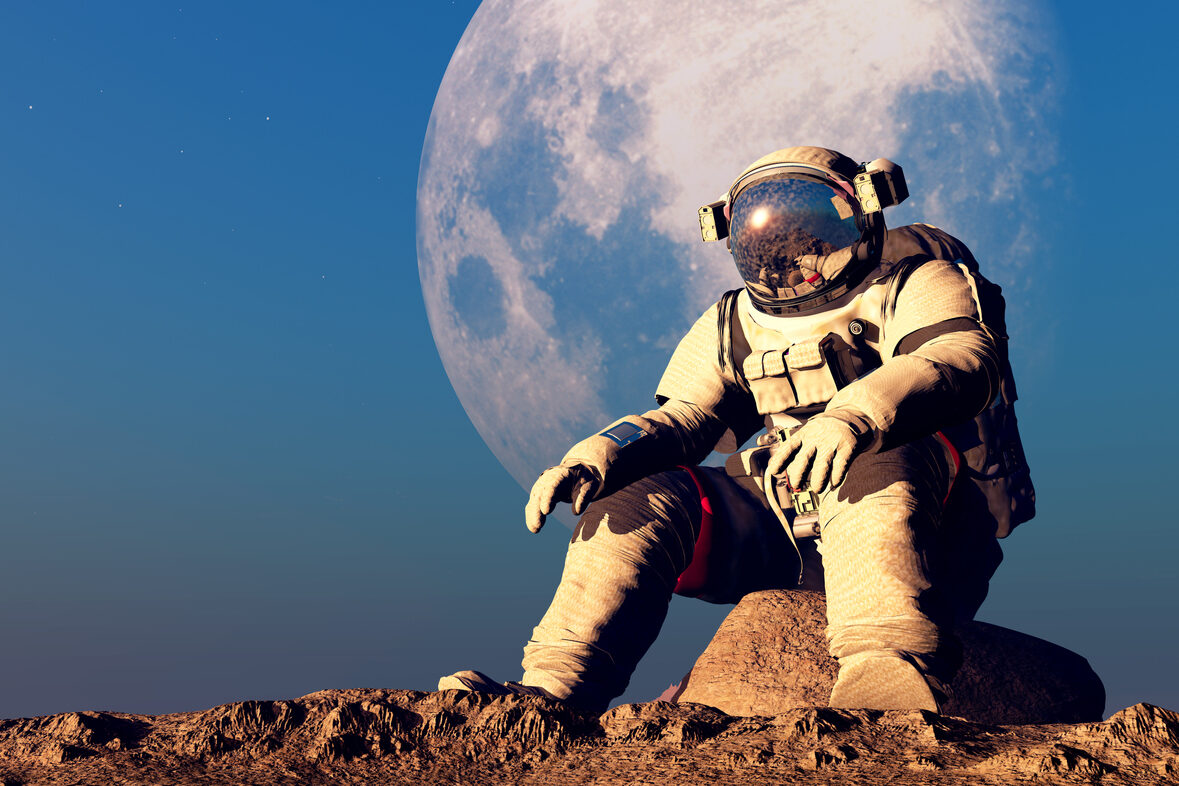
Space doesn’t just affect your insides- your skin starts to get weird too. Many astronauts report developing dry, itchy skin during missions. Without gravity, sweat doesn’t evaporate- it just sticks to your skin, forming little floating blobs. This creates the perfect recipe for irritation. Plus, clothing rubs differently in microgravity, and that constant contact can create rashes or hot spots. The skin may also thin over time, making it more prone to cuts and scrapes. These might seem minor, but in space, even a small skin issue can spiral if not managed quickly. Personal hygiene is a big deal up there — from special no-rinse shampoo to wipe-down showers, astronauts have to be meticulous about staying clean and preventing skin flare-ups.
9. Your Blood Doesn’t Flow Normally
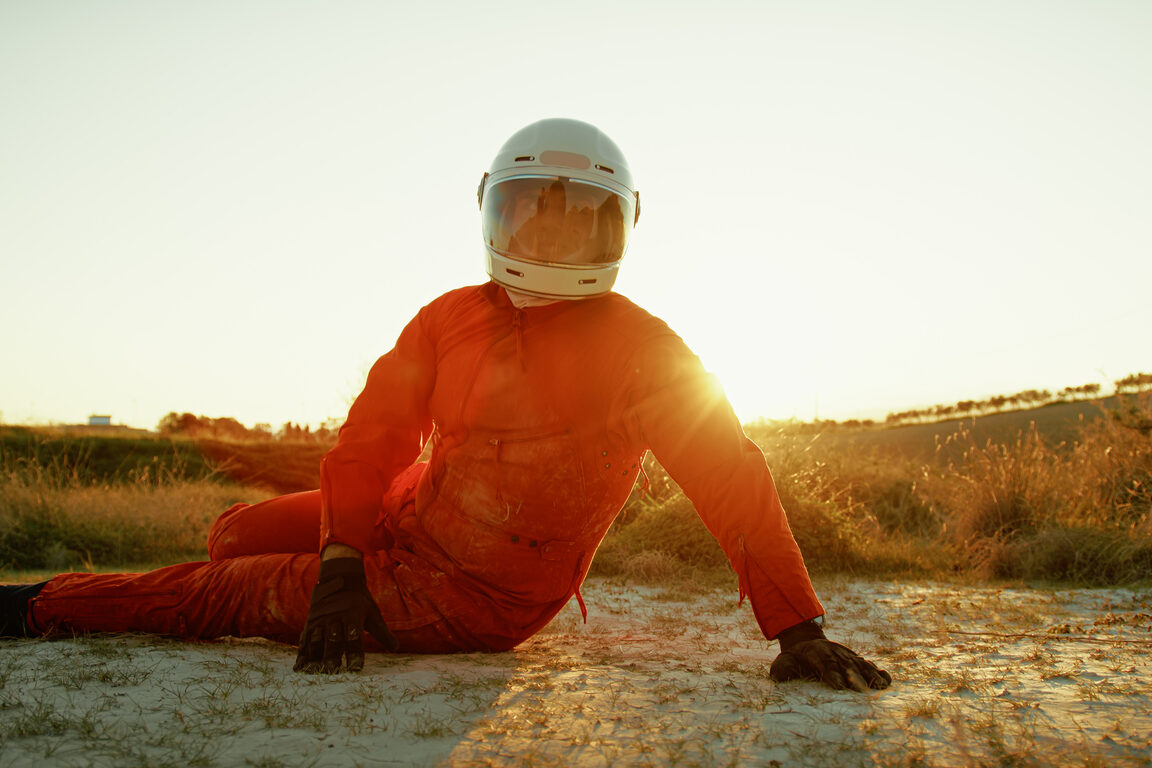
In space, gravity isn’t pulling blood down into your legs like it does on Earth. Instead, blood redistributes to your upper body and head, which makes astronauts look puffy- especially in the face. This shift can lead to increased pressure in the skull, headaches, and even heart rhythm disturbances. Long-term, the altered flow can affect kidney function, blood volume regulation, and overall circulation health. It’s one of the more subtle, yet deeply important changes. When astronauts return to Earth, many feel faint or lightheaded because their cardiovascular system has to re-adapt to gravity’s pull. There’s still a lot scientists don’t fully understand about this fluid shift, but they know it’s one of the body’s earliest and most persistent reactions to microgravity.
10. You Might Get Space Anemia
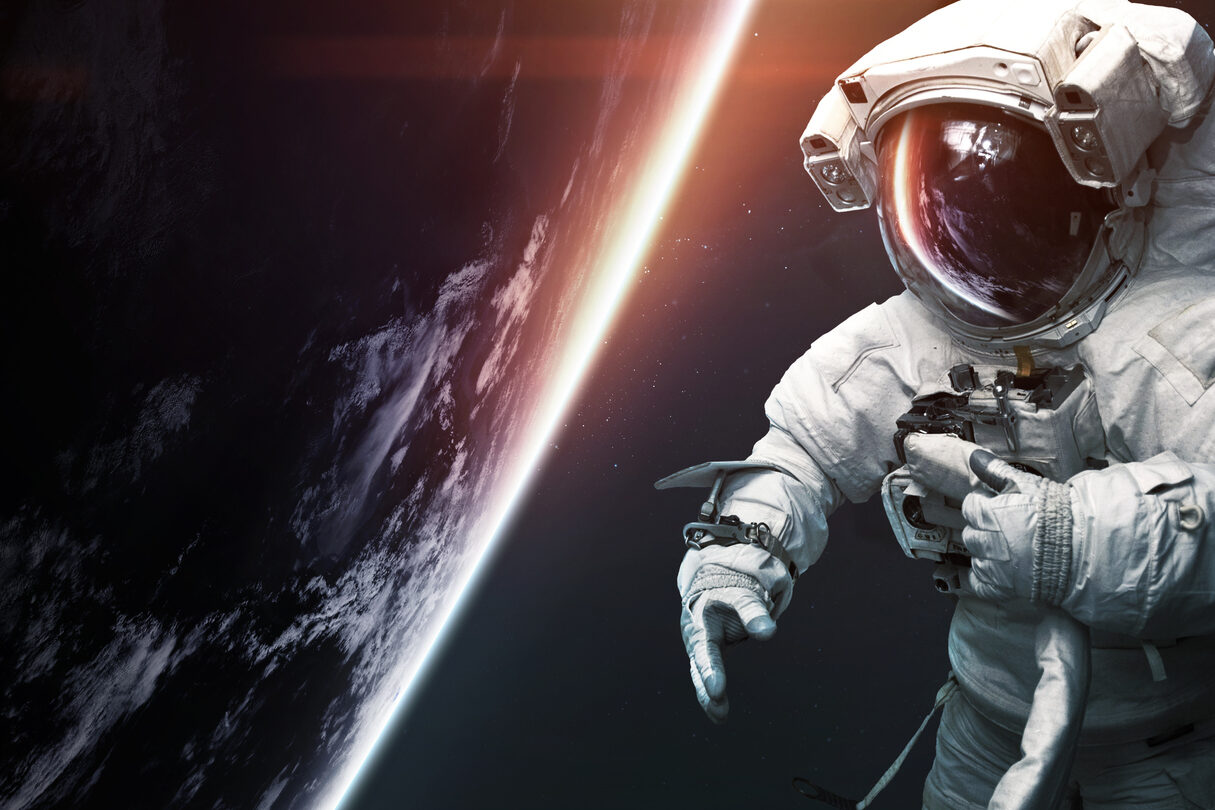
After just a few days in space, the body starts destroying red blood cells faster than usual- a condition now referred to as “space anemia.” On Earth, red blood cells carry oxygen from your lungs to the rest of your body, but in microgravity, your body thinks it needs fewer of them. Over time, this drop in red blood cell count can lead to fatigue, weakness, and reduced physical performance. What’s more alarming is that researchers have found this effect can last even months after returning home. For astronauts preparing for extended missions to Mars or the Moon, understanding and mitigating this risk is crucial. After all, oxygen delivery isn’t optional- especially when you’re operating in a high-stakes, high-stress space environment.
11. You Might Lose Your Sense of Direction Permanently
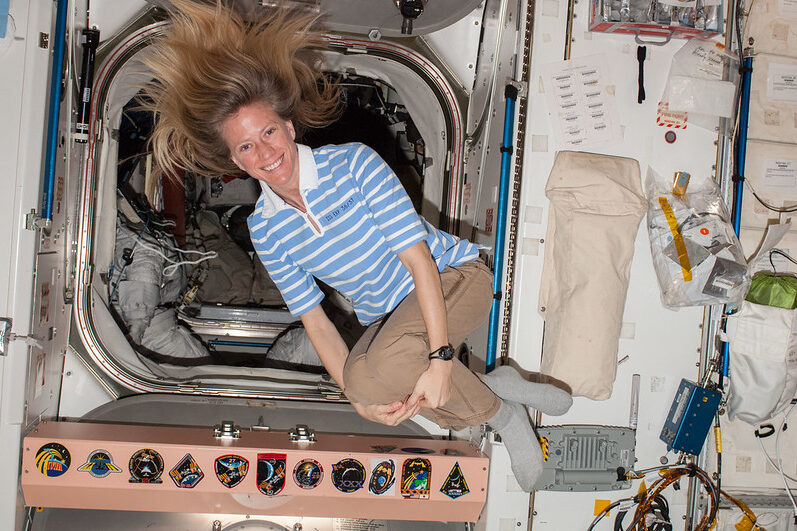
One of the strangest neurological side effects of long-term space travel is how it can mess with your spatial awareness. On Earth, we rely on gravity to help us orient ourselves- up, down, left, right. In space, that sense goes haywire. The inner ear, which helps control balance and direction, becomes confused in zero gravity. While most astronauts adapt over time, some report lingering issues with coordination and balance even after they return. Their brains have literally rewired to function in a gravity-free environment, and flipping that switch back isn’t always easy. For some, it takes weeks or months to feel “normal” again. For others, some of that space-borne disorientation might stick around for good.
12. You Risk Radiation Damage Even to Your DNA
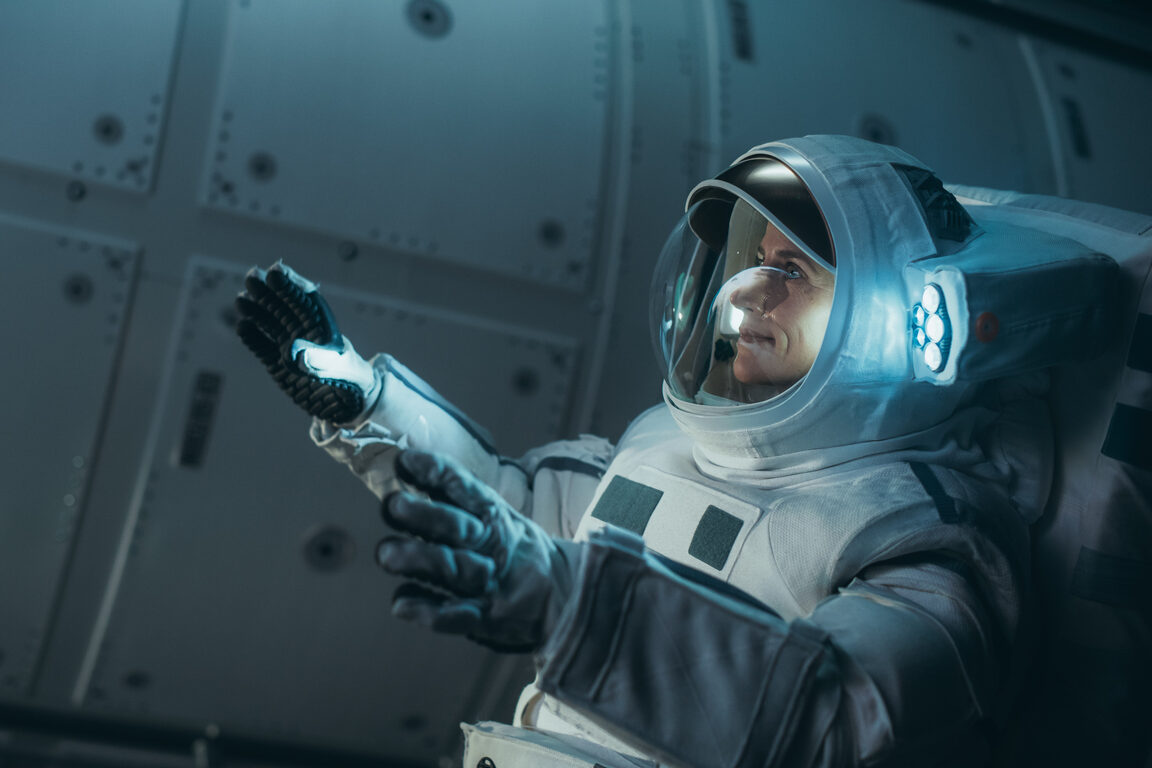
Earth’s atmosphere does a pretty great job of shielding us from cosmic radiation. Space, on the other hand, does not. Astronauts are constantly exposed to higher levels of radiation, especially on longer missions outside Earth’s protective magnetic field. Over time, this radiation can damage DNA, increase cancer risk, and accelerate aging. That’s right- your cells can literally age faster in space. This has huge implications for future deep-space missions. Engineers are working on better shielding technologies, but for now, radiation exposure is one of the top health risks astronauts face. And since DNA damage is often irreversible, we’re talking about changes that could potentially haunt astronauts long after their mission ends.
13. You Might Come Back Emotionally Changed
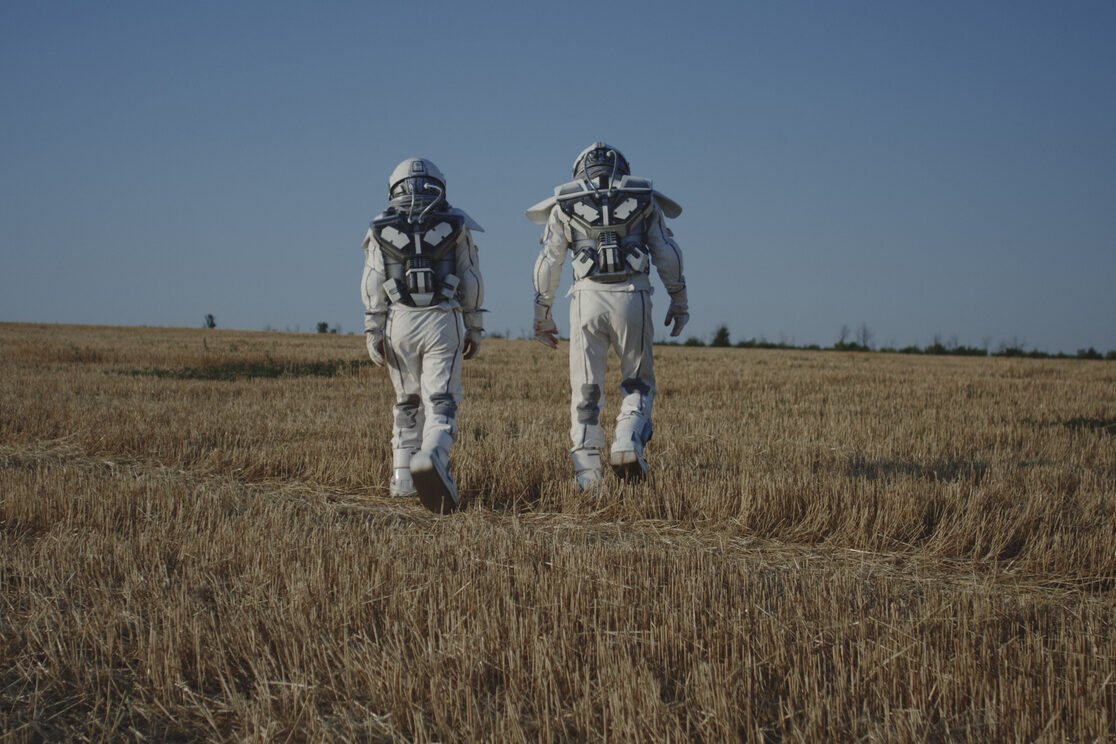
Here’s one that’s hard to measure, but every astronaut talks about it: the psychological transformation that happens when you look down on Earth from space. Seeing our planet as a fragile, glowing orb floating in the void can permanently alter how someone sees the world. It’s called the “Overview Effect,” and it often brings a deep sense of interconnectedness, awe, and even existential reflection. Some astronauts return with a renewed sense of purpose; others struggle to re-adapt to the chaos of everyday life. It’s not a clinical side effect, but it’s a profound one — a reminder that space travel doesn’t just change your body. It changes who you are.


